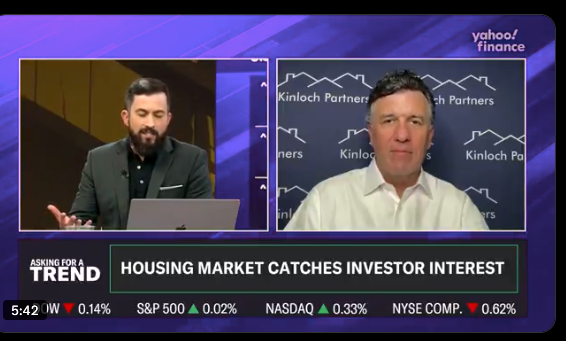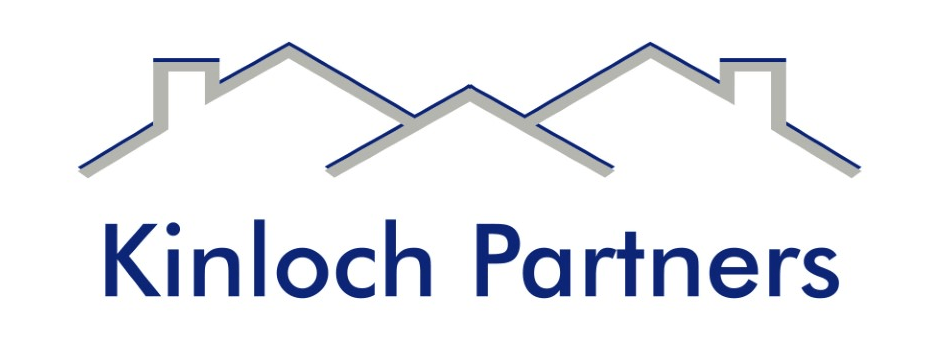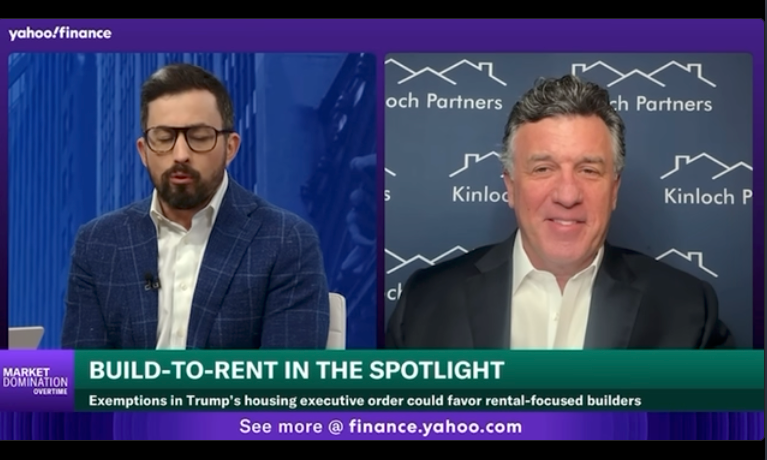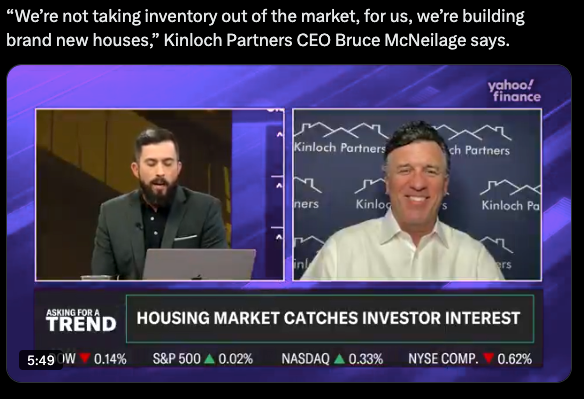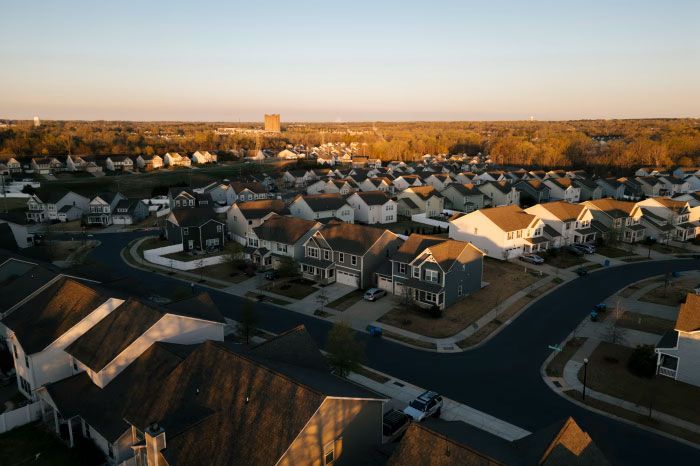Demographic Changes Lead to Rental Opportunities; Finding the Right Finance Partner Key to Success
 By Bruce McNeilage, Kinloch Partners
By Bruce McNeilage, Kinloch Partners
When soldiers returned home after WWII, they took advantage of the G.I. Bill. They purchased small houses in the suburbs with low interest rates and little or no down payment. They found jobs and often worked for the same company for 40 years, retiring with a pension and a gold watch.
Today, that version of the American Dream is quickly becoming a relic.
Homeownership is on the decline. According to the U.S. Census Bureau, homeownership reached 69.2 percent of households in 2004, but fell to 63.7 percent in the fourth quarter of 2016.
There are many causes to the drop in homeownership.
- The costs of materials and land to build single-family houses are rising.
- At the same time, real median income has dropped by nearly $2,000 from 1999 to 2015. What used to cost a family 25 percent to 30 percent of their income today costs 40 percent to 50 percent of their income.
- People are waiting longer to get married and put down roots. In 2016, the average male was 29 and the average female 27 when they got married. In 1950, this was 22 and 20.
- People change jobs much more frequently. Millenials are projected to change jobs on average four times by age 32.
A new version of the American Dream is emerging. It’s based more on flexibility – the ability to travel to new destinations and enjoy new experiences – and fulfillment – having a career that provides a high level of satisfaction.
In the new version of the American Dream, houses are important, but not nearly as big a status symbol as they were 20 or 40 years ago. A house is still something to which younger consumers aspire, but it’s something they might put off for another 10 years or more.
While the American Dream might have shifted, there is a need for the entire concept of homeownership to change, too. Most young people will be in the rental market in the coming years. Down payments are difficult to scrape together, entry-level real estate inventory is often tight and even non-existent in some markets.
The rental-to-ownership concept needs to grow. Developers need to build more high-quality, low-cost properties and initially rent them out. Over time, they need to work with their renters to create an opportunity for a purchase. This concept will resonate with younger buyers, who might fall in love with a house, but not quite be ready to commit to a 30-year mortgage. The concept is great for builders and real estate investors as well, as it provides a way to generate short-term cash flow, long-term equity and ultimately a profitable sale.
